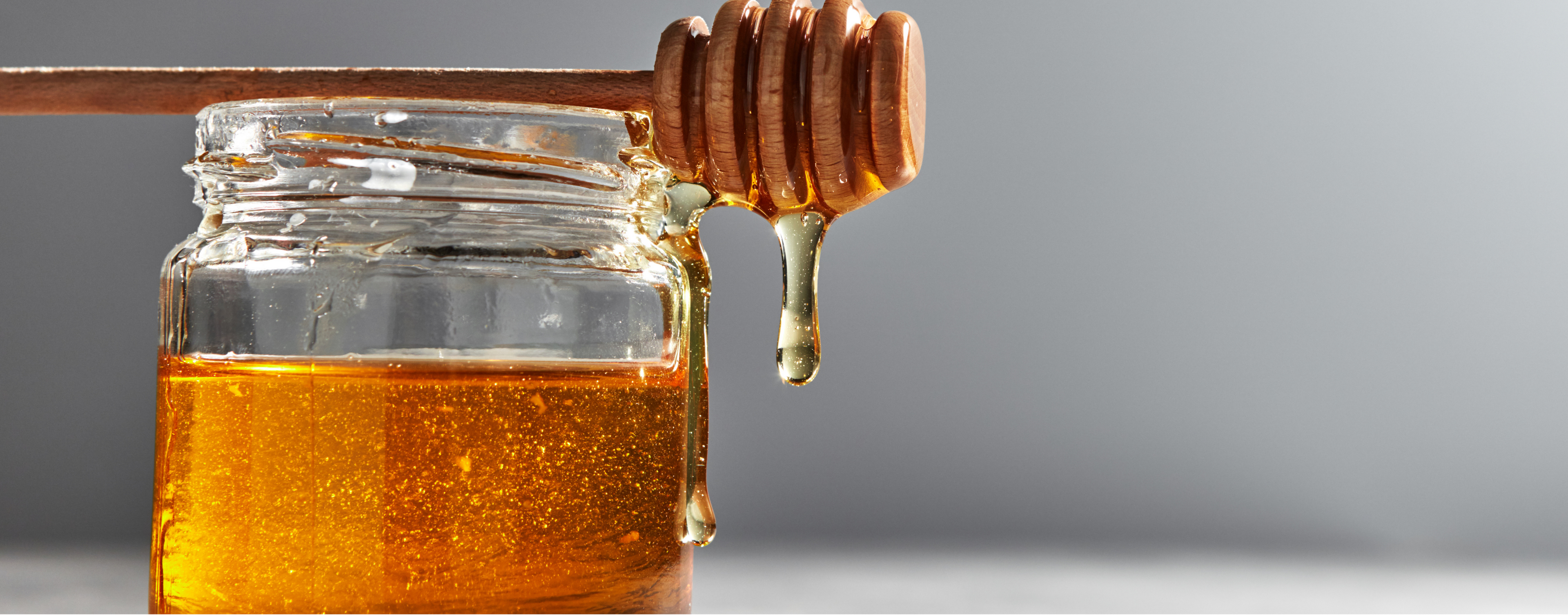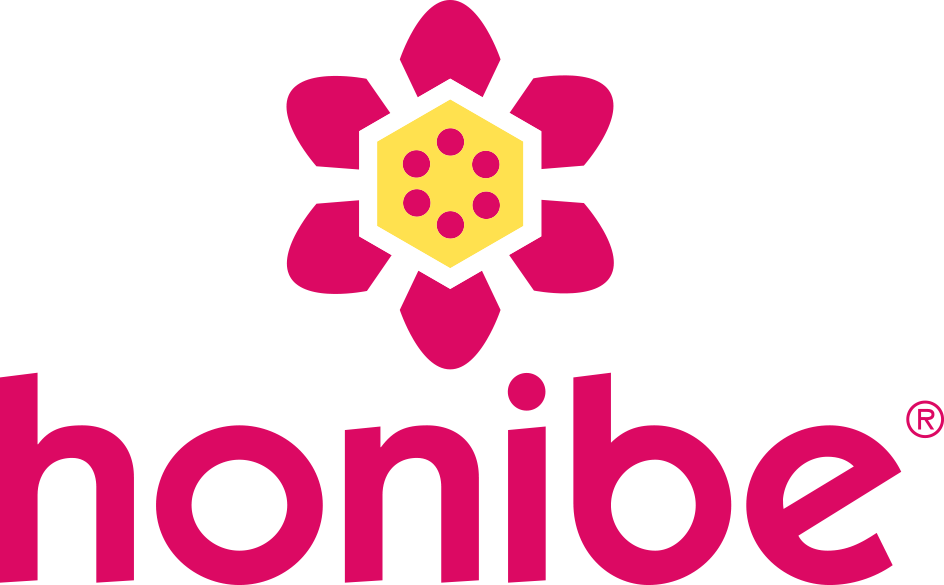
10 Reasons Why Honey is Good for You: Nature’s Sweet Superfood
Honey, often referred to as nature’s liquid gold, has been cherished for its numerous health benefits and culinary uses for thousands of years. From ancient civilizations to modern households, honey has held a special place not just in kitchens, but in medicine cabinets as well. But what makes honey so special? Let’s dive into the myriad reasons (that's passed down from generations) why honey is good for you.
1. Natural Energy Booster
Honey is a natural source of carbohydrates, providing 17 grams per tablespoon, which translates to a quick energy boost. The natural sugars in honey – primarily fructose and glucose – are easily absorbed into the bloodstream, offering a rapid source of energy. This makes honey an excellent option for athletes and anyone needing a quick pick-me-up during the day1.

2. Rich in Antioxidants
Honey contains a variety of antioxidants, including phenolic acids and flavonoids. These compounds help neutralize free radicals in the body, reducing oxidative stress and lowering the risk of chronic diseases such as heart disease and cancer. The darker the honey, the higher its antioxidant content2.

3. Natural Cough Suppressant
One of the best-known benefits of honey is its ability to soothe sore throats and suppress coughs. Studies have shown that honey is as effective as some over-the-counter cough medications3. A spoonful of honey can coat the throat, reducing irritation and providing relief from persistent coughs.

4. Promotes Wound Healing
Honey has been used for centuries as a topical treatment for wounds and burns. Its antibacterial properties help prevent infection, and its natural enzymes promote healing. Manuka honey, in particular, is known for its potent antibacterial effects and is often used in medical settings for treating wounds4.

5. Supports Digestive Health
Honey acts as a prebiotic, promoting the growth of beneficial bacteria in the gut. A healthy gut microbiome is essential for digestion, immune function, and overall health. Including honey in your diet can help maintain a balanced and healthy digestive system5.

6. Natural Sleep Aid
Consuming honey before bedtime can improve sleep quality. Honey causes a slow, steady rise in insulin, which allows tryptophan to enter the brain more easily. Tryptophan is converted into serotonin and then into melatonin, which is the hormone responsible for regulating sleep6.

7. Boosts Immune System
Honey has antimicrobial and antibacterial properties that can help boost your immune system. Its natural compounds can fight off bacteria and viruses, making it a useful ally in staying healthy and fighting off infections7.

8. Packed with Nutrients
In addition to being a sweetener, honey contains trace amounts of vitamins and minerals, including B vitamins, calcium, potassium, and zinc8. While you shouldn’t rely on honey as your primary source of these nutrients, it’s a nice bonus to its other health benefits.

9. Skin Benefits
Honey’s antibacterial and moisturizing properties make it an excellent addition to your skincare routine. It can help treat acne, soothe inflammation, and hydrate the skin. Applying honey as a face mask or adding it to DIY skincare recipes can leave your skin looking radiant and healthy9.

10. Allergy Relief
Some people believe that consuming local honey can help alleviate seasonal allergies. The theory is that local honey contains small amounts of pollen from local plants, which can help your body build immunity to the allergens in your area. While more research is needed in this area, many people swear by this natural remedy10.

Incorporating Honey into Your Diet
Adding honey to your diet is simple and delicious. Here are some easy ways to enjoy honey:
- In Tea: Stir a spoonful of honey into your favorite herbal tea.
- On Toast: Drizzle honey over whole-grain toast for a sweet breakfast.
- In Smoothies: Blend honey into your smoothies for added sweetness and health benefits.
- In Baking: Use honey as a natural sweetener in baking recipes.
- In your daily supplements: Honibe is the only brand of honey gummies and honey lozenges that has honey as its #1 or primary ingredient.
Conclusion
Honey is more than just a sweet treat; it’s a powerful superfood with a host of health benefits. From boosting energy and immunity to promoting digestive health and wound healing, honey is a versatile and valuable addition to any diet. So, next time you’re looking for a natural way to sweeten your day and enhance your health, always start with honey.



0 comments